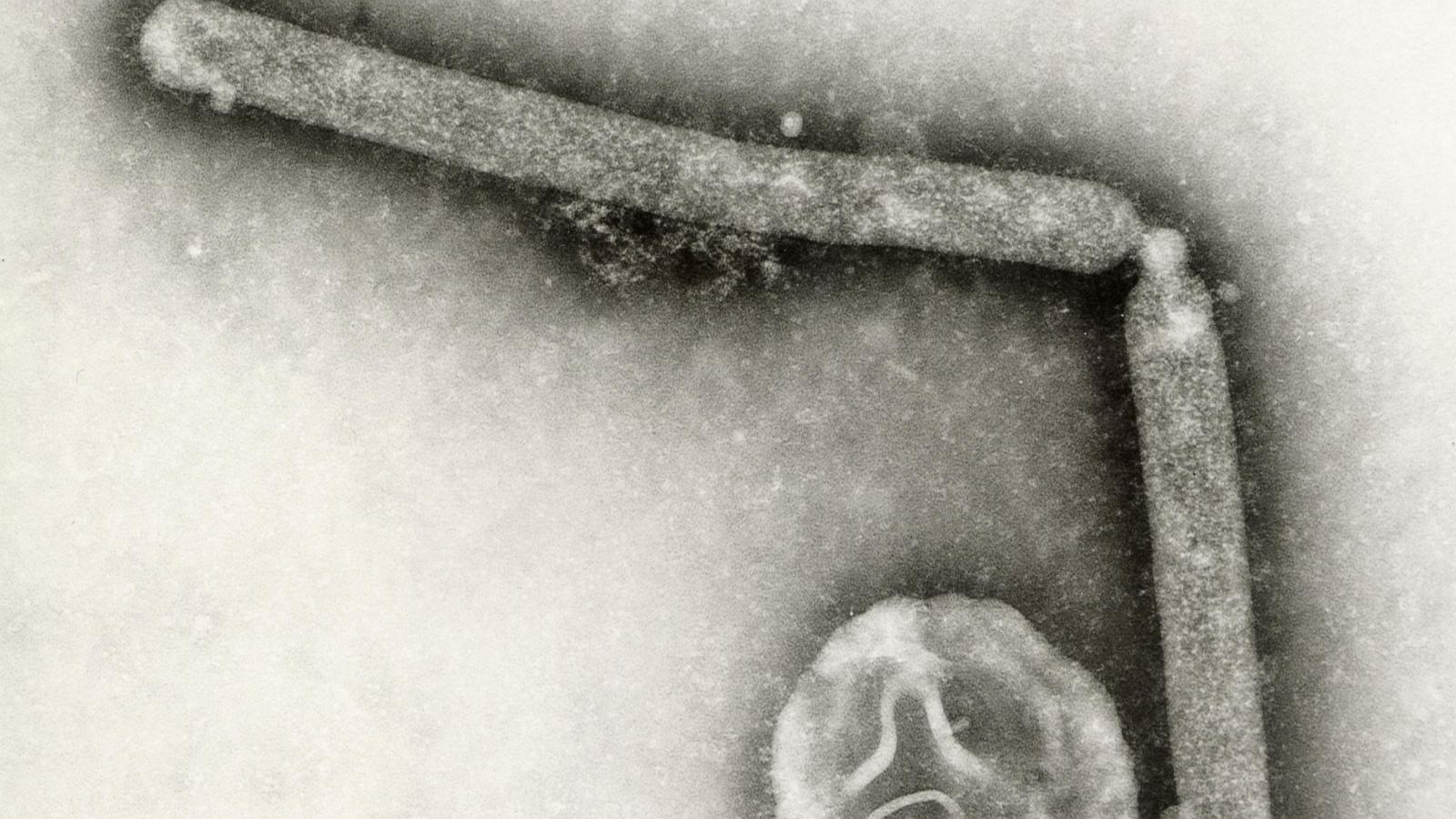Bird Flu Virus Mutation: Should We Be Worried?
The recent discovery of a mutated bird flu virus in a Louisiana patient has sent ripples of concern throughout the scientific community. This isn't just another flu; this mutation might be the key to understanding the virus's potential to spread easily between humans. Buckle up, because this is a story you won't want to miss!
Understanding the Mutation: A Lock and Key
Scientists are buzzing about the concerning mutation discovered in the Louisiana patient's bird flu virus. Imagine a lock and key: the virus needs a key (the virus's binding ability) to open a cell's lock (human receptors). The newly identified mutation essentially means the virus might be improving its key—allowing it to bind more effectively to human cells, potentially increasing transmissibility. This mutation may facilitate better binding to receptors in the upper airways, a concerning yet currently limited development.
The Implications: Increased Transmissibility?
This development immediately sparks questions about the virus's transmissibility. While experts stress that there is no evidence of sustained human-to-human transmission from the affected individual, the mutation's potential for enabling the virus to readily transmit is definitely not insignificant. What will this mean for the future of our society? It's a frightening question on everybody's minds. What if the key truly manages to unlock the door, and unleash the virus onto the human population?
What the CDC Says About This Mutation
The Centers for Disease Control and Prevention (CDC) has acknowledged the concerning nature of this bird flu virus mutation. However, they emphasize that the overall risk to the general public remains low. This means you don't need to start stockpiling masks just yet. While the situation warrants close monitoring and ongoing research, the CDC does not indicate any imminent danger to the broader population, emphasizing no known transmission from this patient.
Monitoring the Situation: Ongoing Research and Precautions
The scientific community is rightfully concerned and will be actively monitoring and researching the virus's evolution. While no direct transmission has been confirmed from this patient, ongoing monitoring for potential changes in virulence and transmissibility are very important and necessary steps.
A Look into the Future: Pandemic Preparedness
While the current risk of a widespread pandemic is low, experts urge continued vigilance. This Louisiana case serves as a sobering reminder of the potential dangers of avian influenza and the critical importance of disease surveillance and preparation. As history clearly shows, pandemics are inevitable, so we should all stay watchful and informed.
Preventing Future Pandemics: Learning from the Past
This new development must inspire us to reinforce pandemic preparedness and improve influenza surveillance systems for future protection. Preparing for the worst and planning ahead is a wiser choice, enabling better and faster response in the case of a real threat to public health.
Take Away Points
- A mutated bird flu virus was detected in a Louisiana patient, sparking concerns among health officials. The risk is currently low, but increased monitoring is vital.
- The mutation may improve the virus's ability to bind to human cells.
- The CDC stresses the risk to the public remains low, as no human-to-human transmission from this case has yet been confirmed.
- This event highlights the need for ongoing research, stronger pandemic preparedness, and continuous vigilance against emerging infectious diseases.




